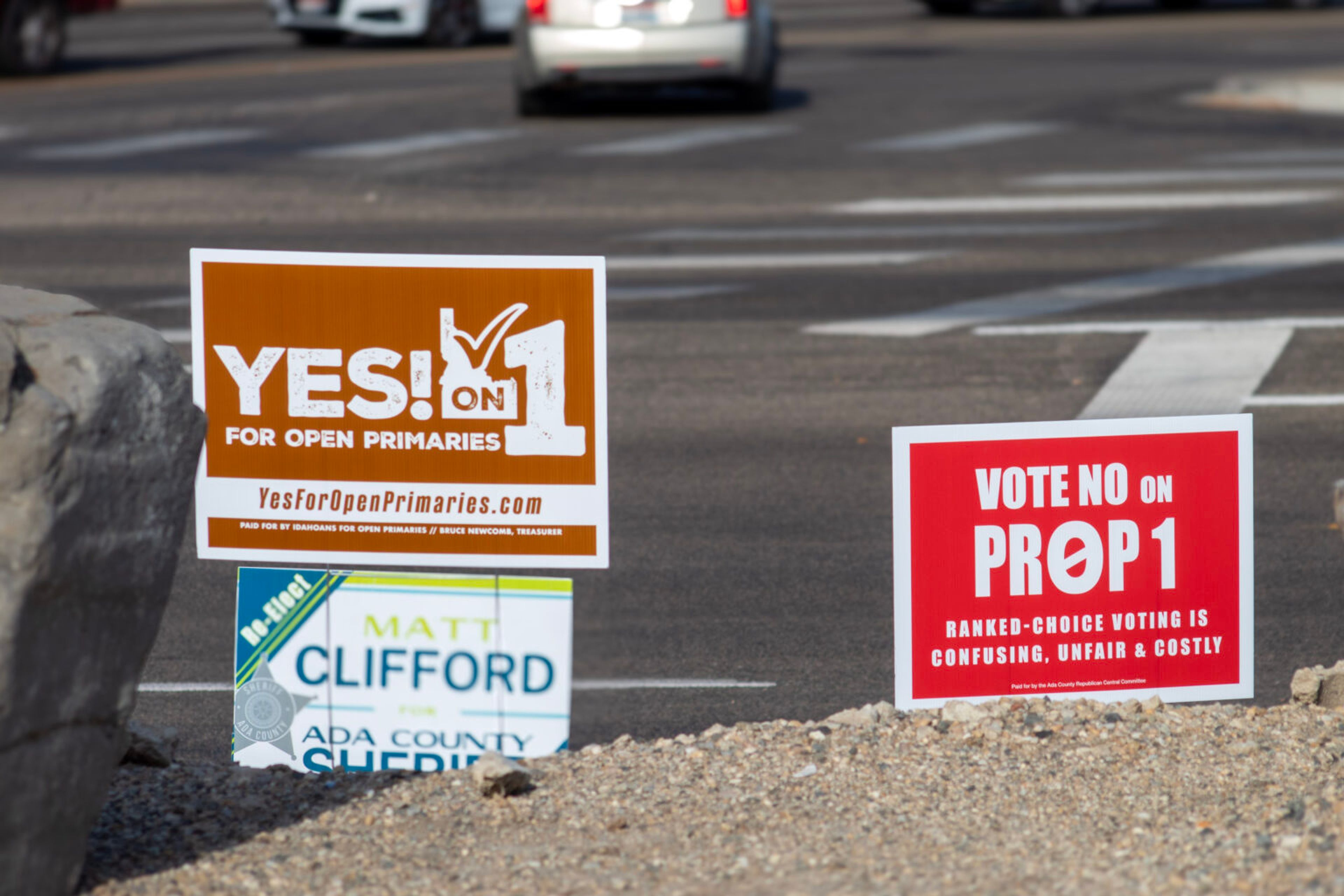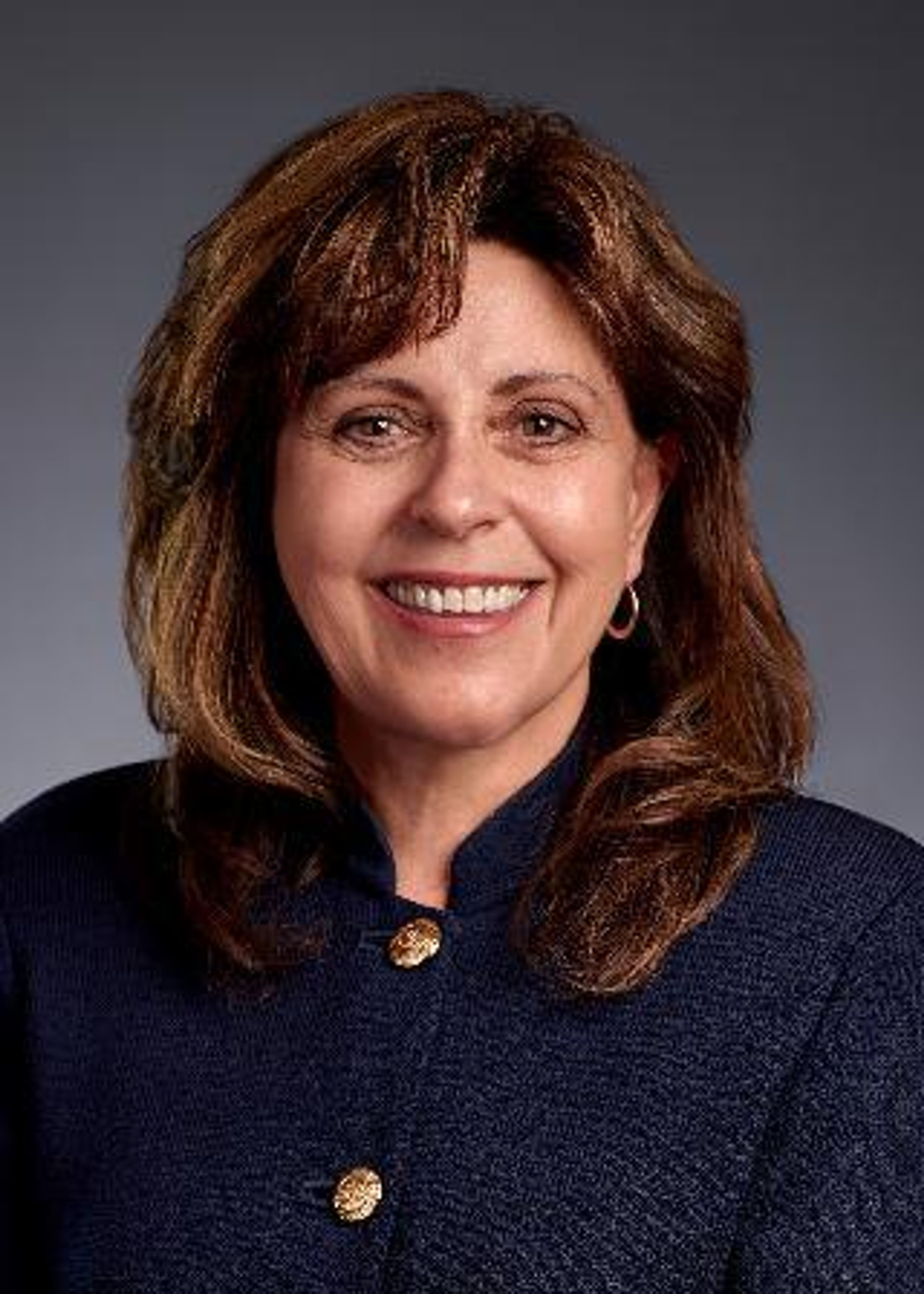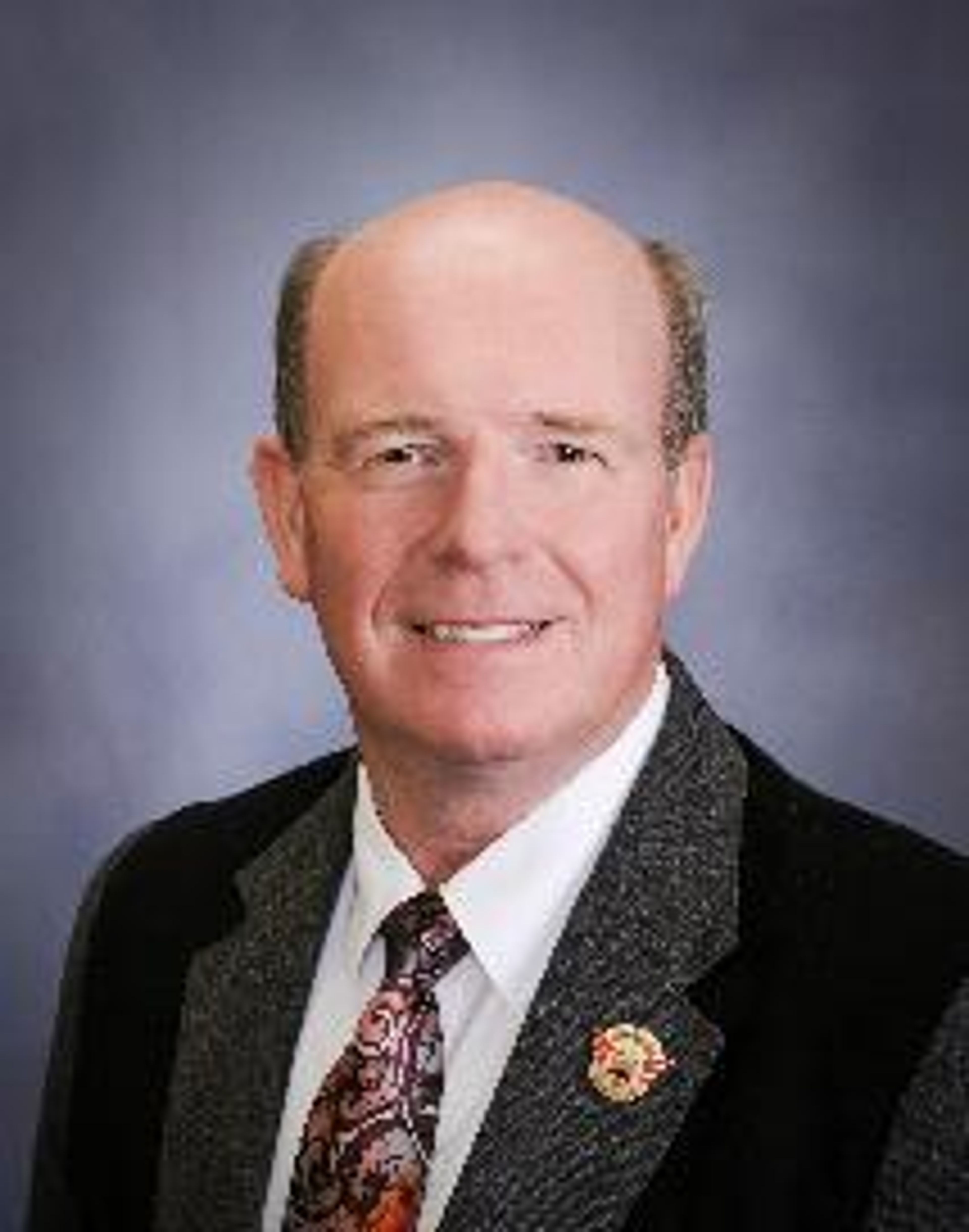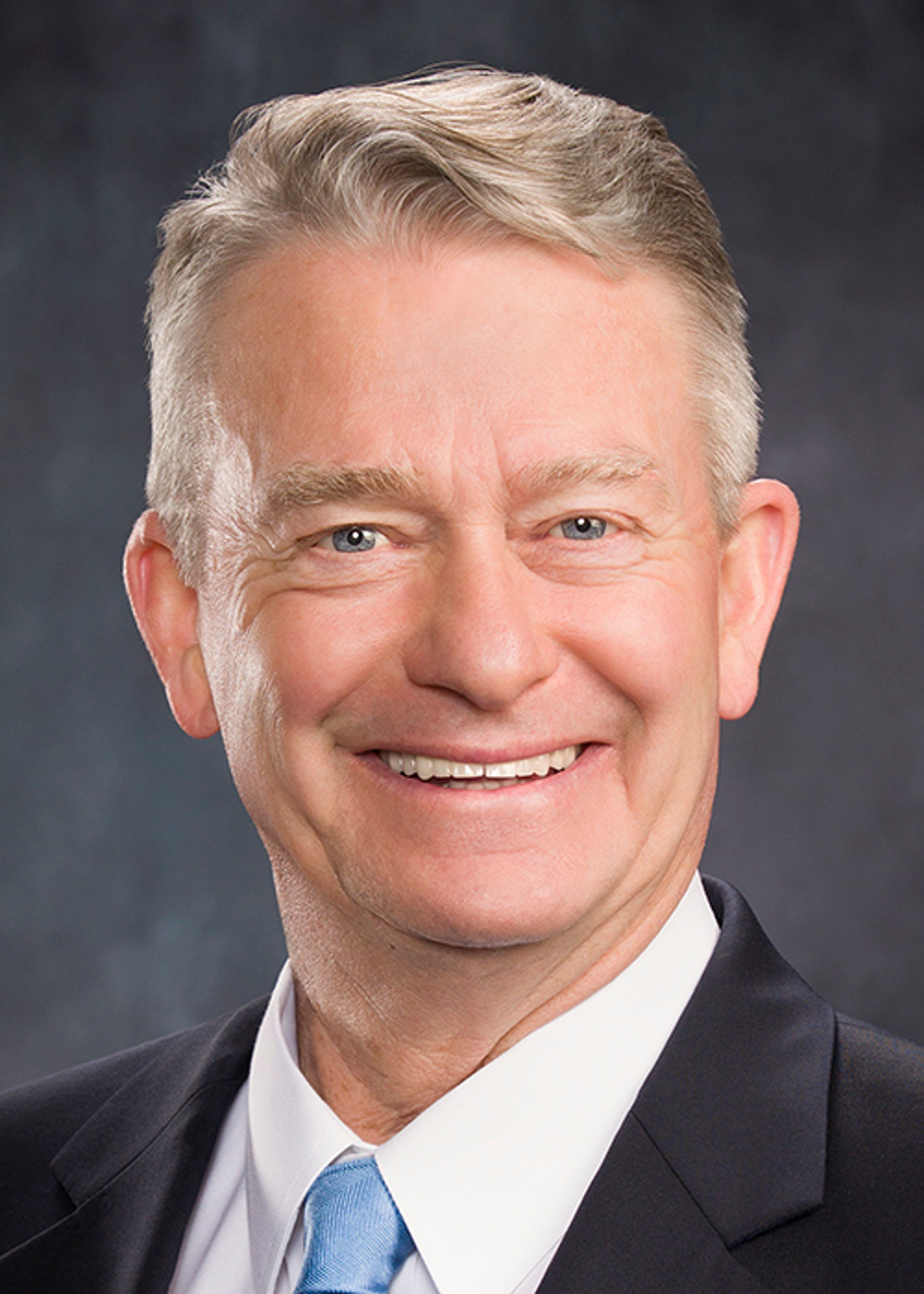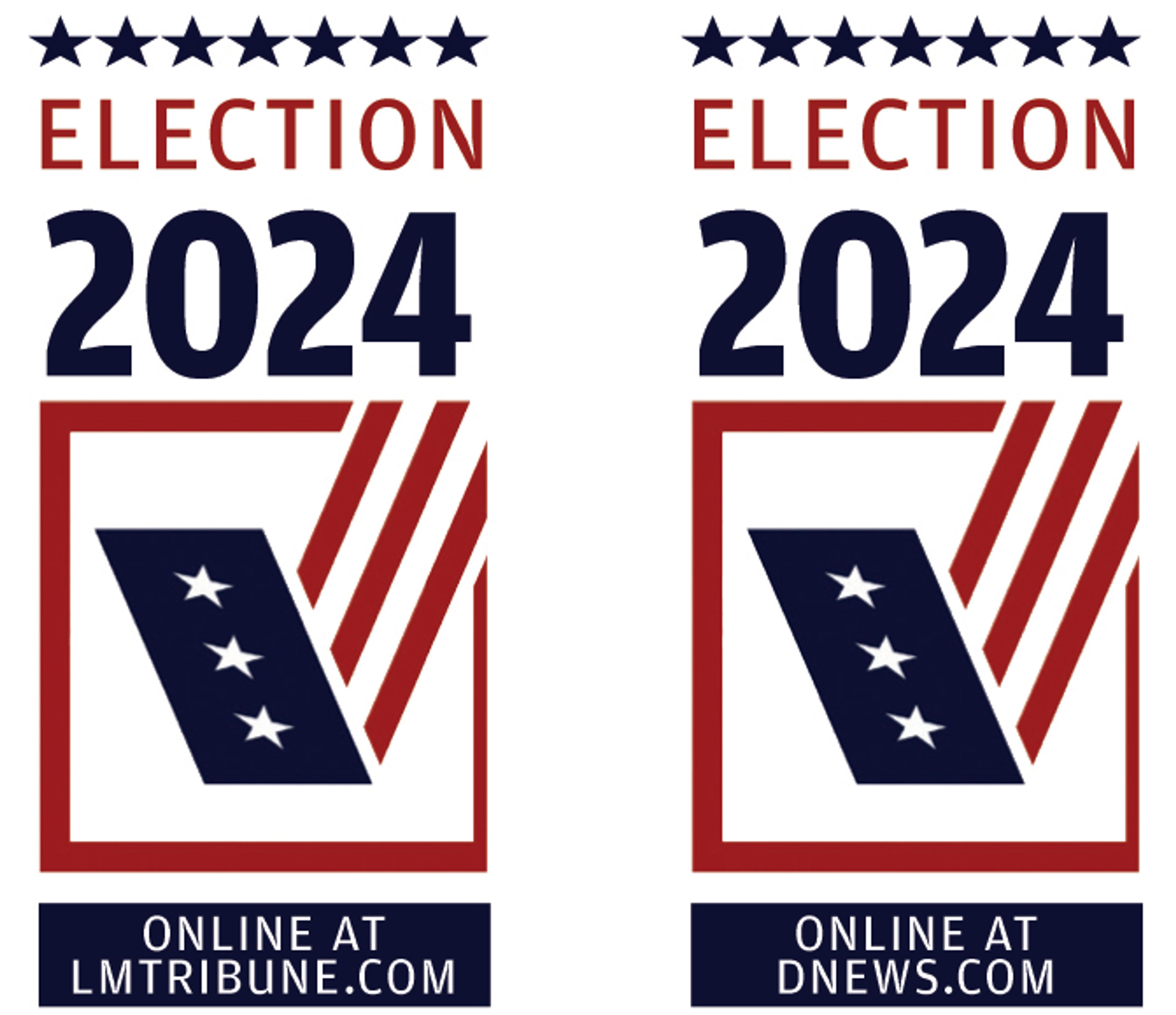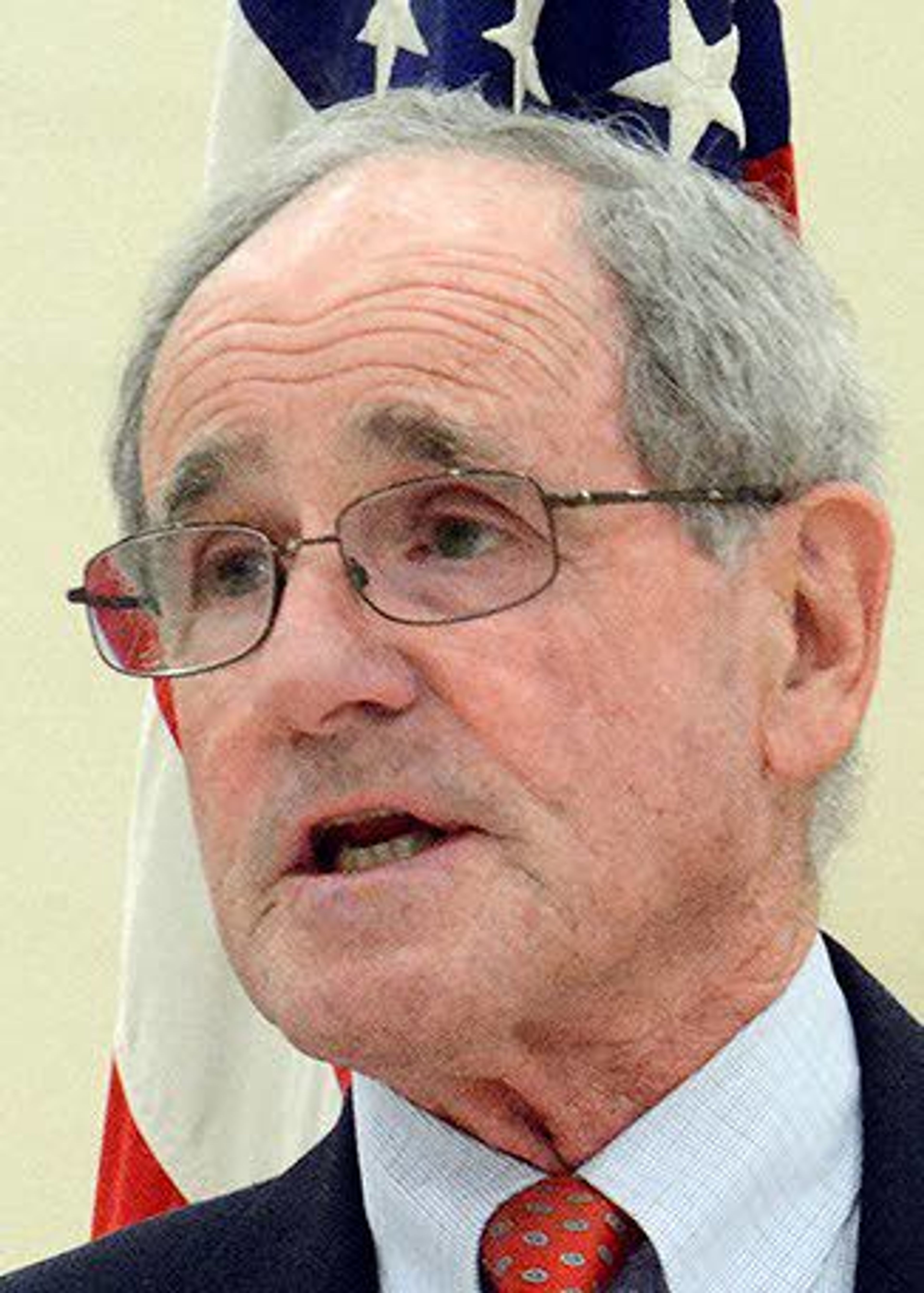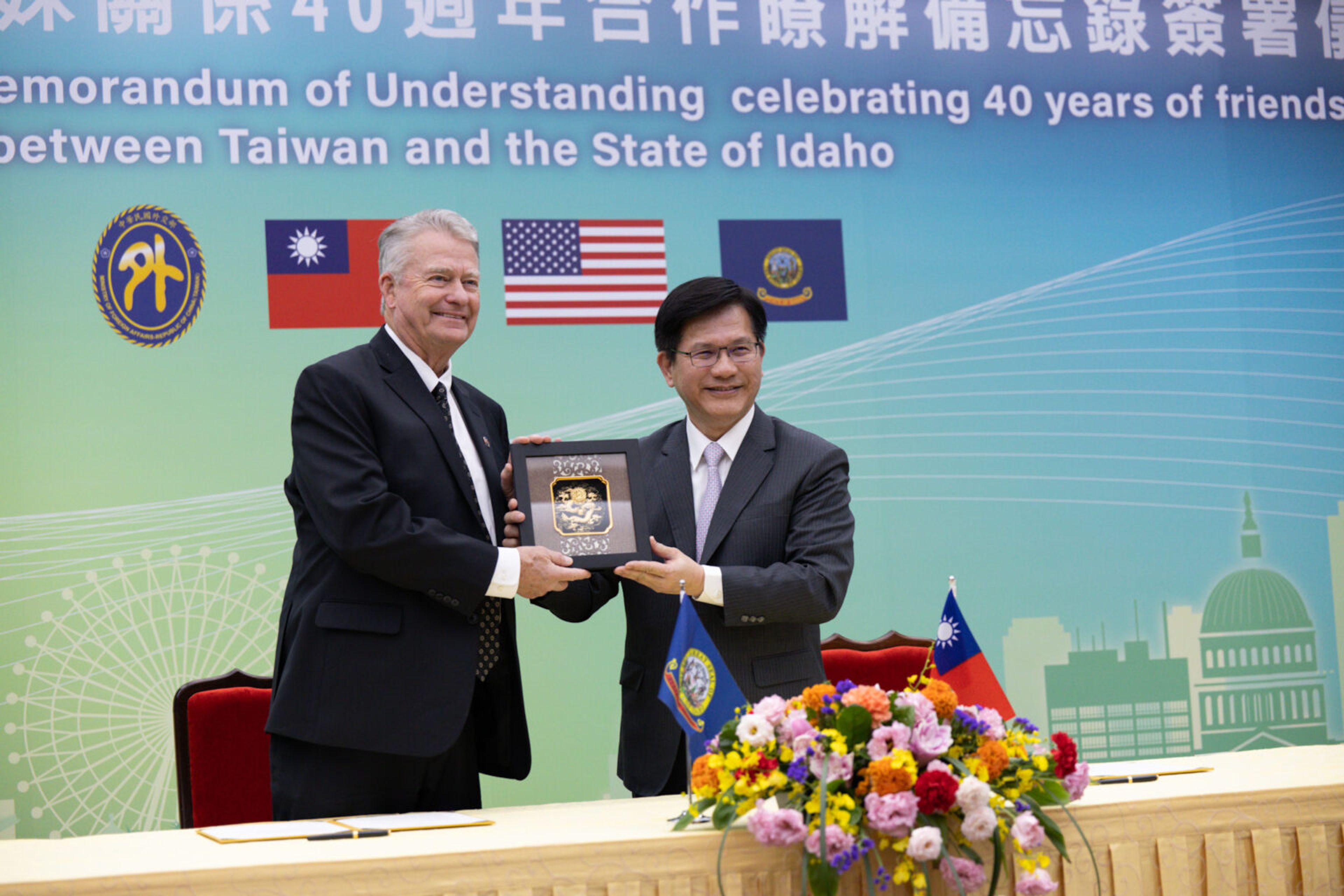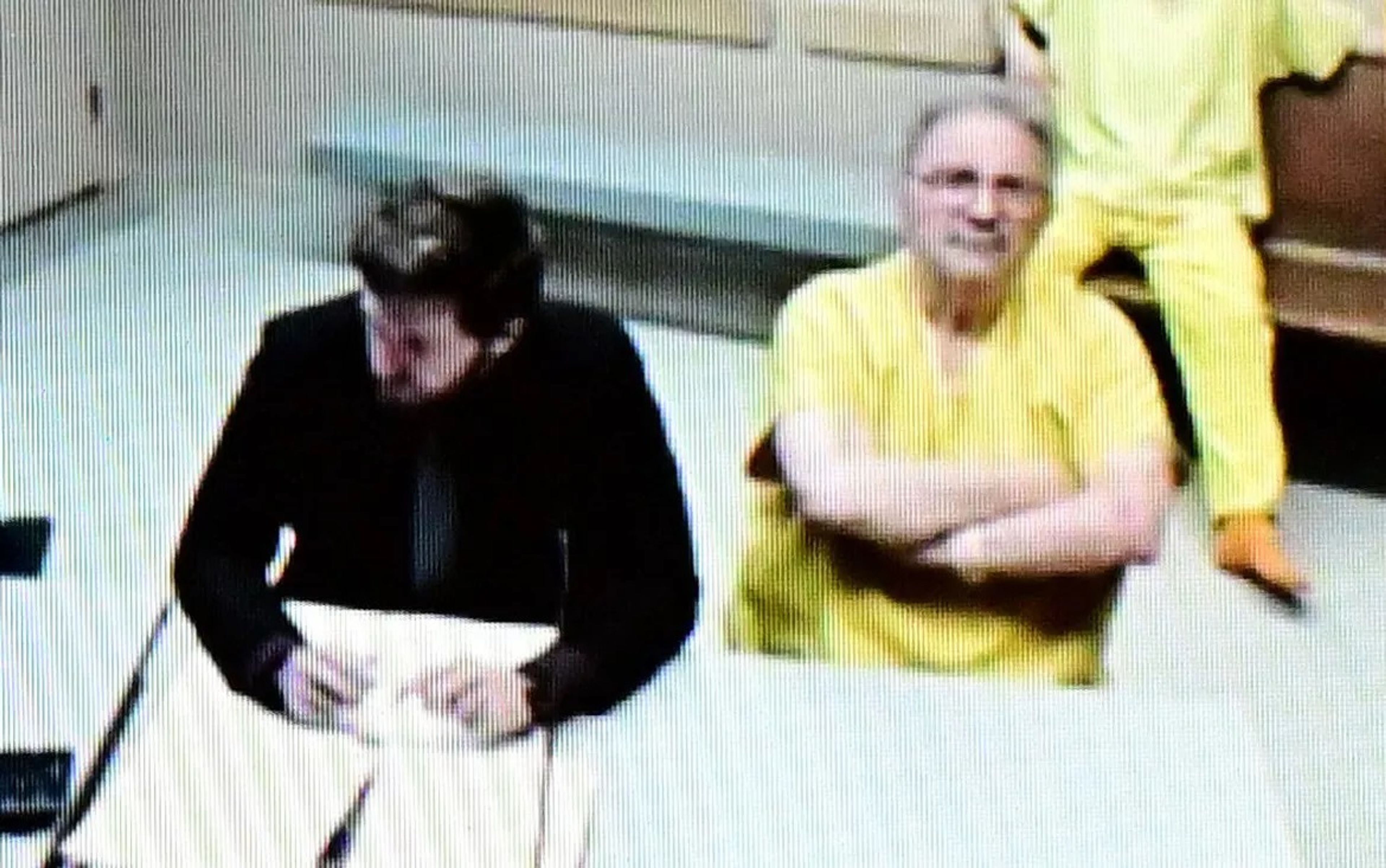Prop 1 becomes biggest issue this election, and Idaho GOP is all in
ANALYSIS
There’s only so much political oxygen to go around.
And this year, one Idaho election has taken up almost all the oxygen: Proposition 1.
The voter initiative would fundamentally restructure Idaho elections. The closed Republican Party primary would be rendered a relic, replaced by a “jungle” primary open to all voters. The top four vote-getters, regardless of party, would advance to the November election — where an instant runoff system, also known as ranked-choice voting, would winnow the field and pick a winner.
Proposition 1 is the election of the year, and it’s not even close. Don’t take my word for it. Money talks.
As Mia Maldonado of Idaho Capital Sun reported Wednesday, Idaho for Open Primaries has spent $350,000 pushing for Proposition 1, while opponents have spent more than $460,000 so far.
And we haven’t seen the last of the campaigning, not by a long shot. Idaho for Open Primaries has raised $2.9 million — nearly 10 times as much as it has spent so far. The bulk of that money, $1.9 million, has come from out-of-state donors, Maldonado reported.
The full-throated response from Idaho Republicans — the political party that, let’s be blunt, wins most elections under the status quo — has been unlike anything we’ve seen in recent campaign cycles.
State GOP chairperson Dorothy Moon has made Proposition 1 almost a sole cause. Each Thursday, Moon sends out a guest opinion to Idaho media; six of the last 10 have focused on the initiative. The past two guest opinions have sported an identical standing headline of sorts: “More Prop 1 Lies.”
Within GOP circles, Proposition 1 has turned adversaries into allies. Former state superintendent Tom Luna — unseated by Moon as GOP chairperson in 2022 — is also making the rounds in opposition to Proposition 1. Gov. Brad Little, who has no shortage of critics within the GOP hardline faction that favors Moon, has come out against the initiative.
And House Speaker Mike Moyle — the state’s most powerful lawmaker, who has been painted as too “establishment” by some hardliners — has brought some of that establishment muscle to bear. He has poured $241,000 from his PAC, Idaho Rising, into anti-Proposition 1 advertising.
Proposition 1 has done the near impossible. It has united the fractured factions of the Idaho GOP against a shared enemy — and not even a Democratic president or presidential nominee. Strange things can indeed happen in politics.
The sardonic take on things would be that Idaho Republicans are so worked up about Proposition 1 because, basically, they have nothing better to do.
Idaho is barely a blip in the presidential race. The two congressional elections appear to be so noncompetitive that Republican incumbents Mike Simpson and Russ Fulcher are phoning it in, avoiding debates and other inconveniences of actual campaigning. Some legislative races are competitive and consequential, and they are drawing dollars from well-heeled Republican and Democrat donors, but those key races are centered in Idaho’s few swing districts.
The more cynical take on things is that Republicans are worked up because they want to hold onto what they’ve got. The GOP holds every statewide office and congressional seat in Idaho, and 83% of the 105 seats in the Legislature. There’s not much improving on that success rate. The critics accuse Proposition 1 supporters of trying to change the election rules to make it easier for Democrats to win, but that argument cuts both ways. It’s just as easy to say Republicans don’t want to change election rules that serve them well.
Either way, 2024 is a lot different than 2018, when Reclaim Idaho took its first statewide initiative to the voters. The campaign against Reclaim’s Medicaid expansion initiative was not nearly as loud or orchestrated; the hardline Idaho Freedom Foundation became the de facto loyal opposition. The initiative sailed through with nearly a 61% majority — and nearly 3,500 more votes than Little received in his gubernatorial race.
This time, in a quest to reshape Idaho elections, Reclaim is facing the full wrath of the GOP.
Republican opponents appear to be focusing their body blows on Proposition 1’s weak underbelly: ranked-choice voting.
When Boise State University researchers surveyed voters about the Reclaim initiative, 58% of respondents said they supported an open “top-four” primary. A solid majority, more or less in the Medicaid expansion range. But less than 35% of respondents said they supported ranked-choice voting; 50% were opposed and 15% were undecided. Conducted in November, the Boise State survey is a bit dated now. But at the time, a near supermajority of voters were opposed to or confused by ranked-choice voting.
Those numbers don’t bode well for Proposition 1, especially if a chorus of Republican leaders continue to hammer away at it.
But there is a wild card. Initiatives, by nature, tend to challenge the powers that be. They are borne out of frustration with the folks in charge. And in Idaho, that means Republicans.
Initiatives also tend to play to something Idahoans hold dear: an independent streak. Nearly 95,000 people signed petitions to get Proposition 1 on the ballot. That’s a sizable core of fed-up voters who might find great glee in telling the Republican establishment to stick it.
In one of her anti-Proposition 1 guest opinions, Moon said Republicans are “united in opposing” the initiative. That’s not entirely accurate, but party leaders are overwhelmingly in opposition. That could be a formidable force. Or it could be too big for its own good.
Either way, Proposition 1 is the election of this election year. By a landslide.
Richert is the senior reporter and blogger for Idaho Education News who specializes in education politics and education policy. He has more than 30 years of experience in Idaho journalism. He is a frequent guest on "Idaho Reports" on Idaho Public Television and "Idaho Matters" on Boise State Public Radio. He can be followed on Twitter: @KevinRichert. He can be reached at krichert@idahoednews.org.
